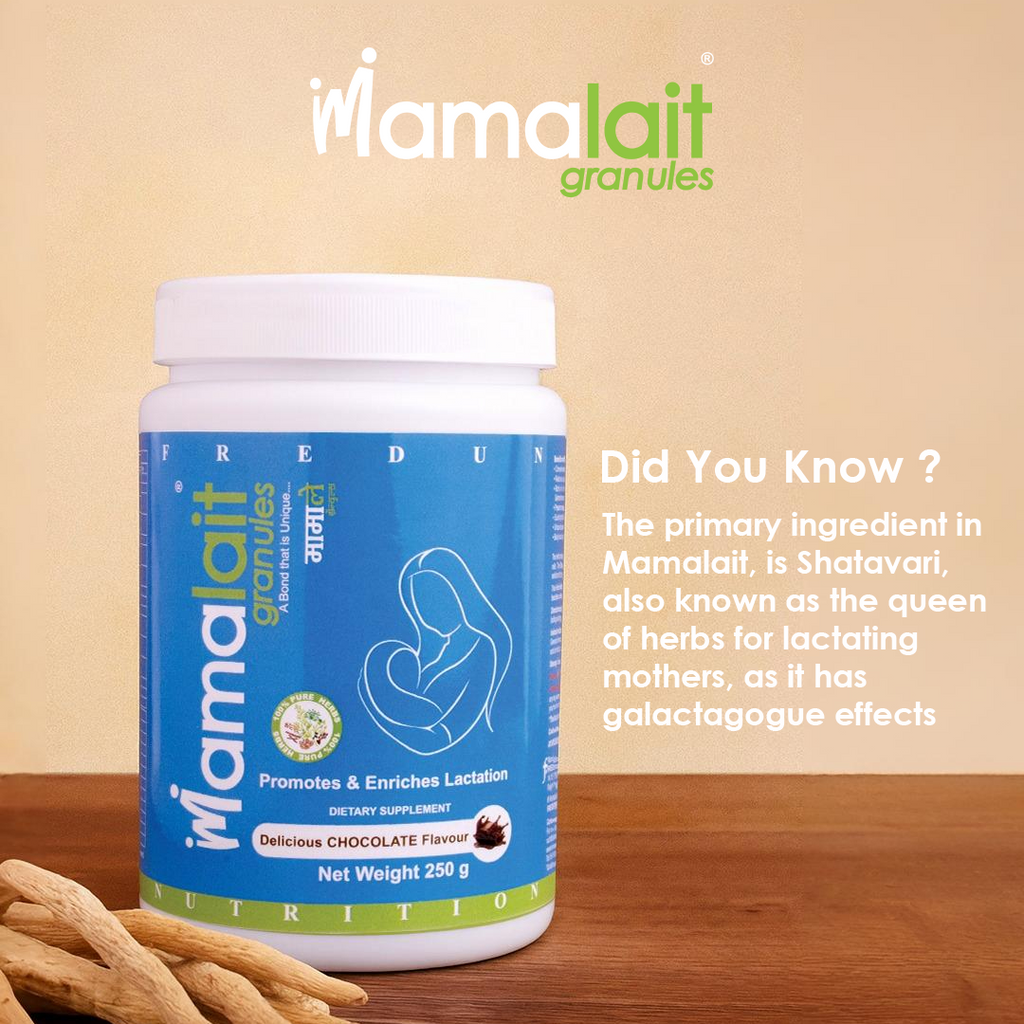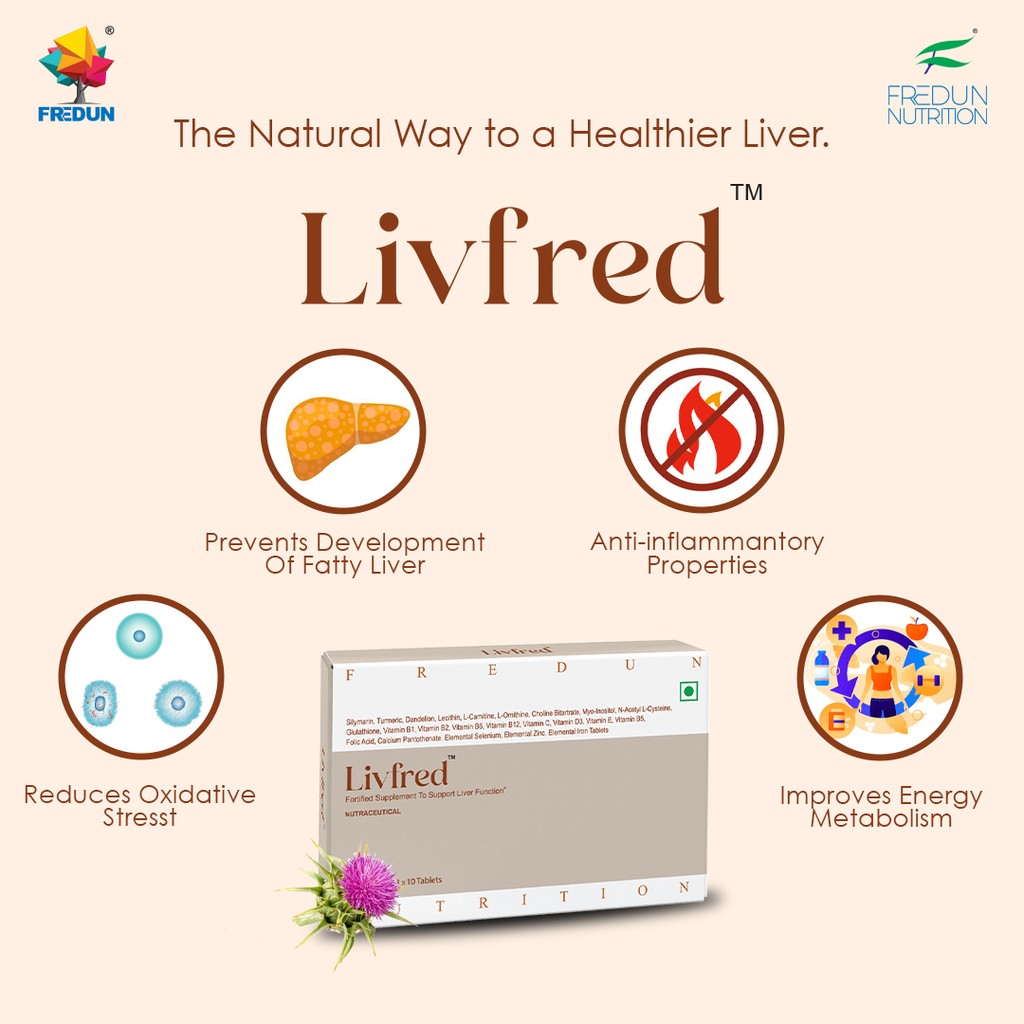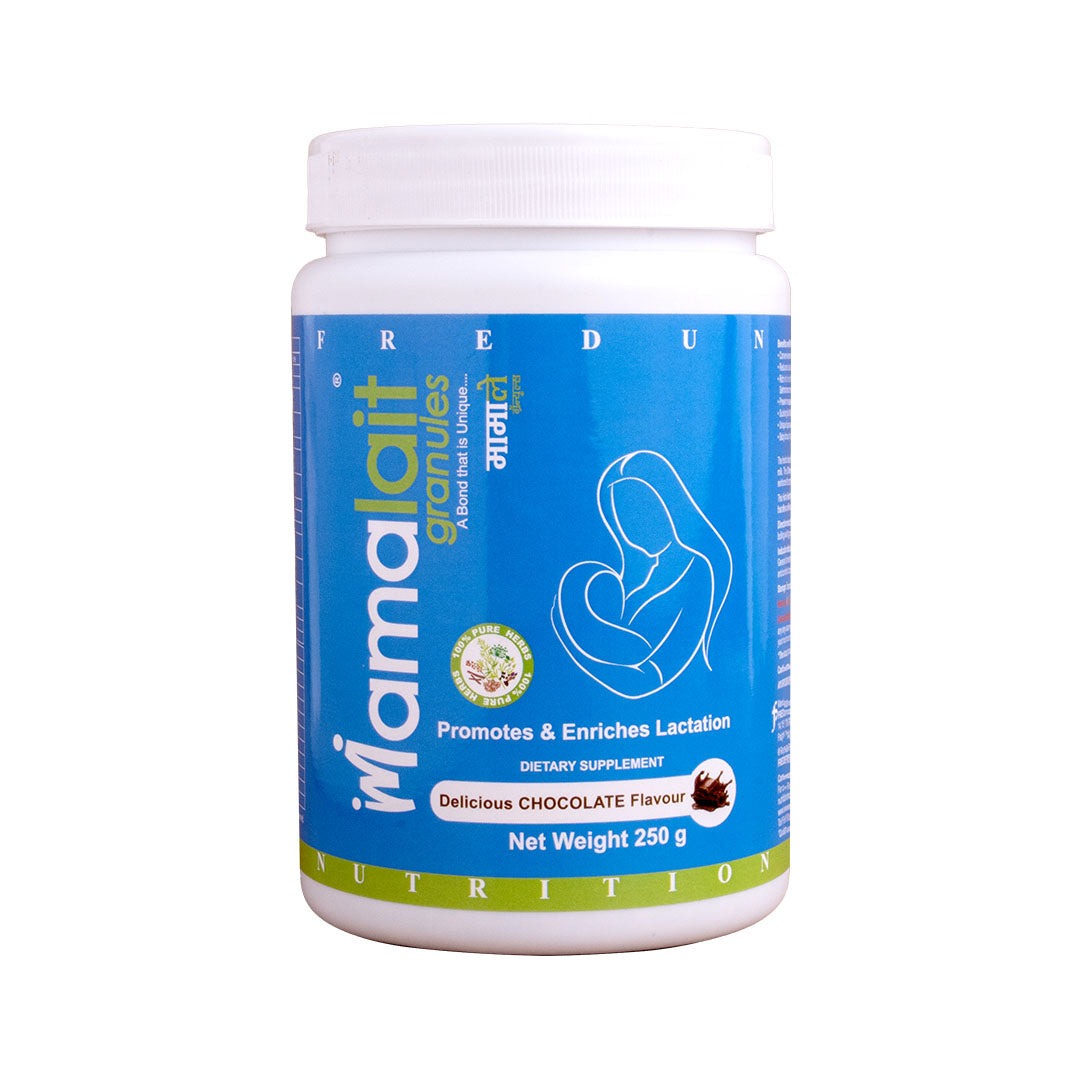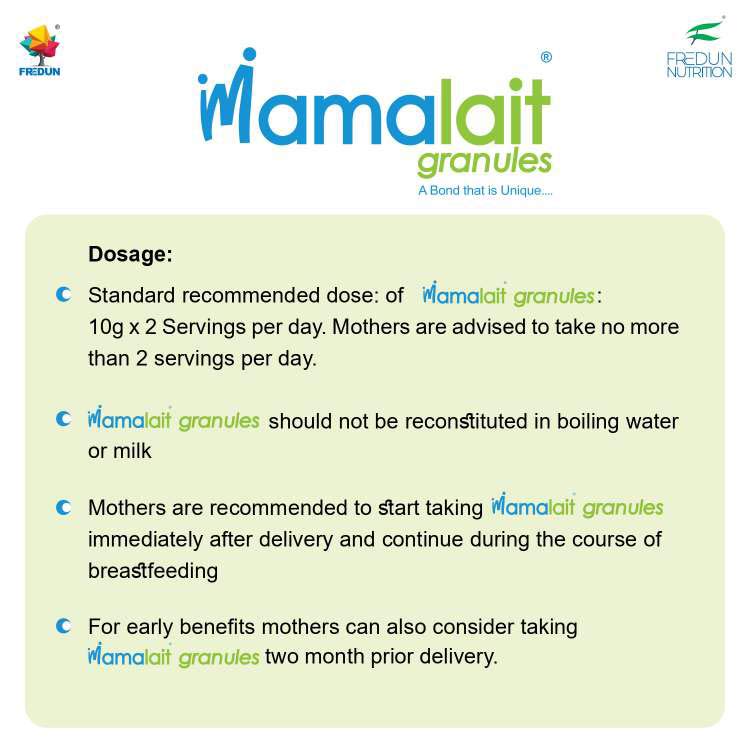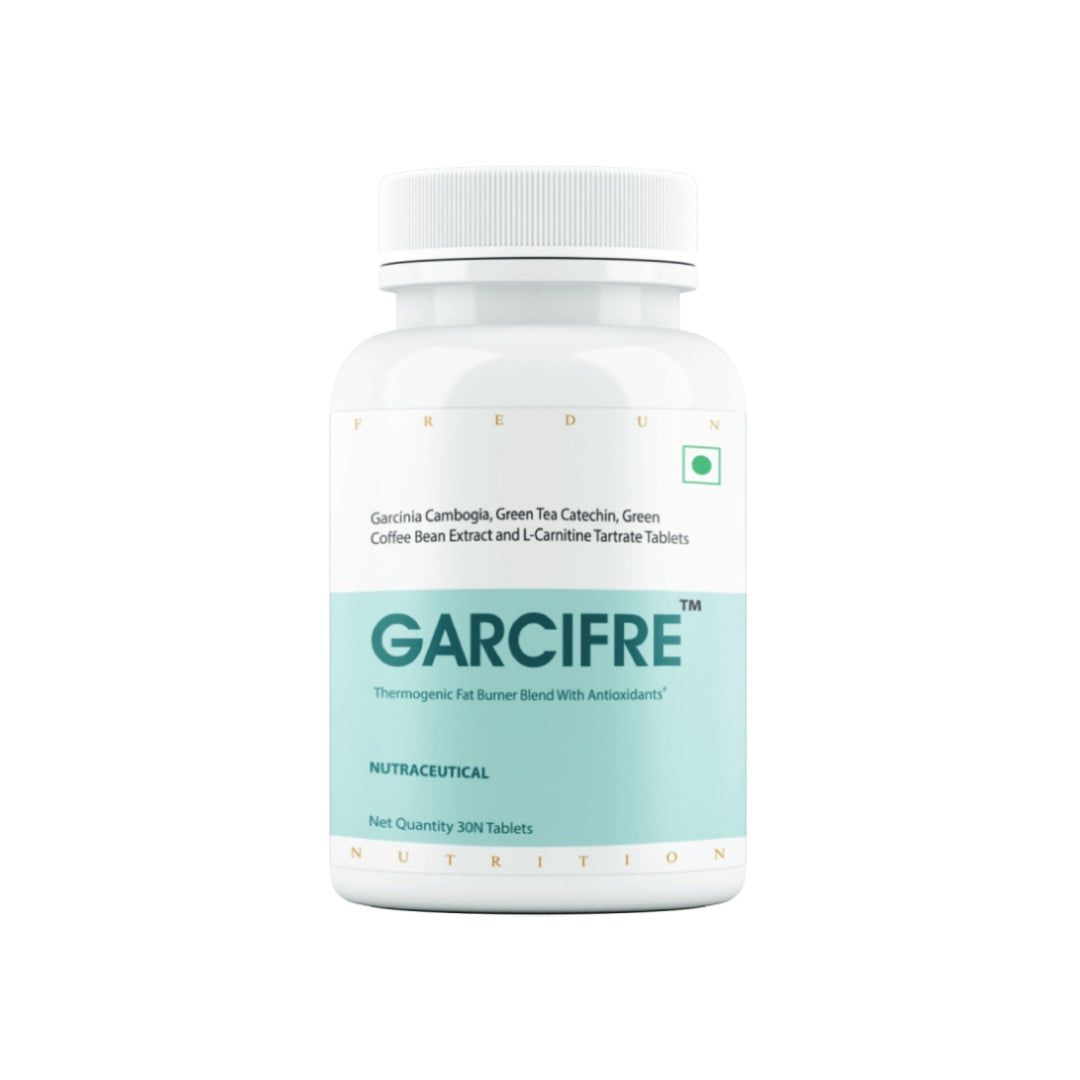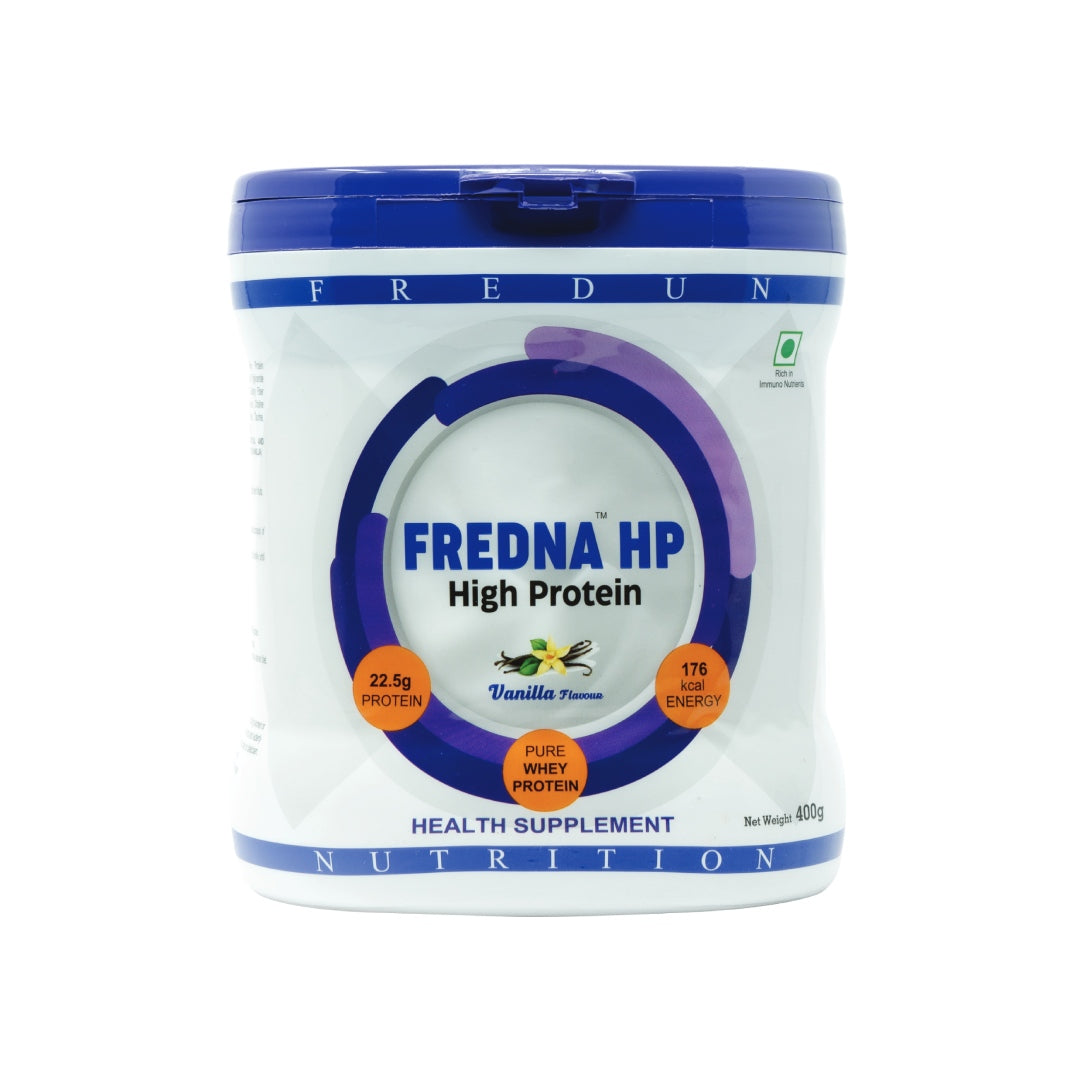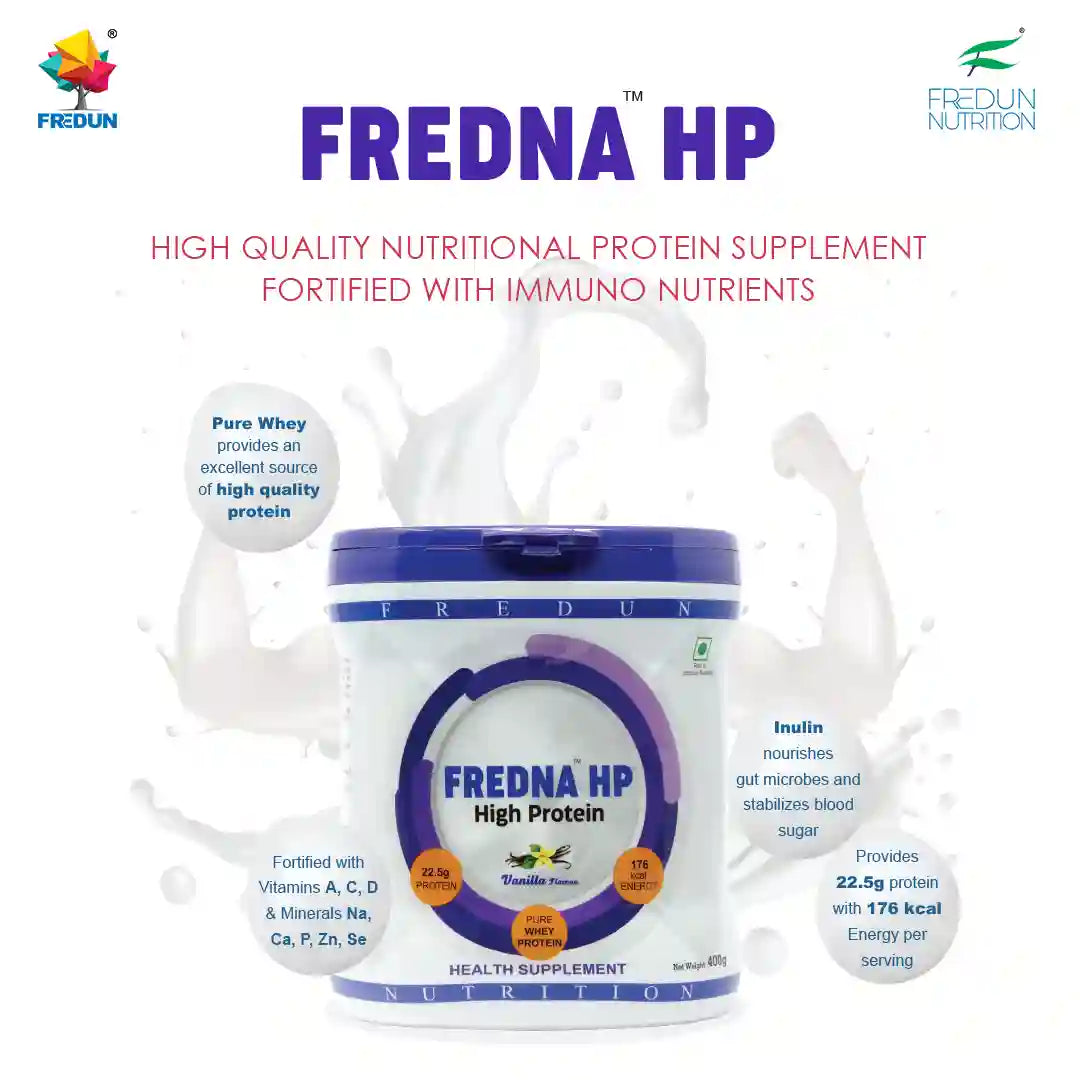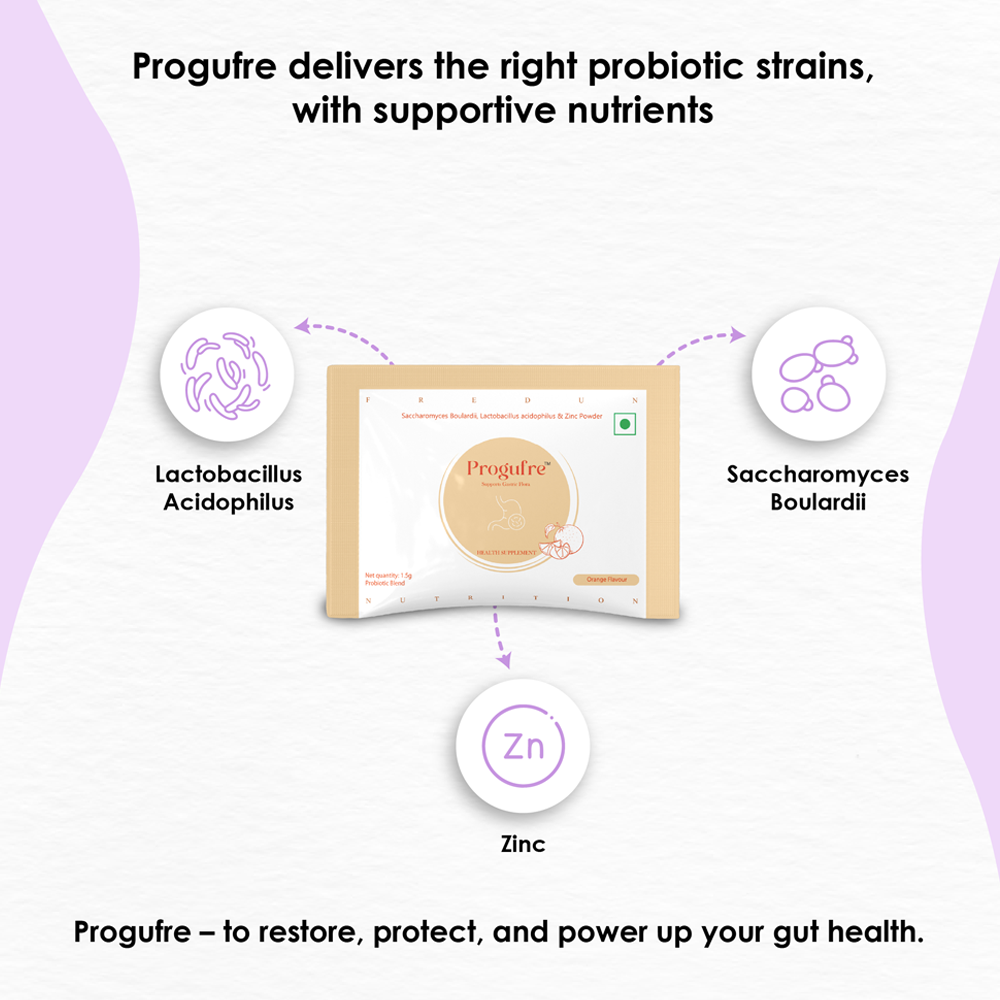
Probiotics vs. Prebiotics: What’s the Difference and Why Do We Need Them?

In recent years, there’s been growing buzz around gut health, and for good reason. A healthy gut doesn’t just mean fewer stomach issues. It’s closely linked to immunity, mental well-being, and even chronic disease prevention. Two major players in this conversation are probiotics and prebiotics. Though the terms sound similar, they serve different functions. Understanding the difference and why both are essential can help you make smarter choices for your overall health.
What Are Probiotics?
Probiotics are live microorganisms that are mainly bacteria and some yeasts that provide health benefits when consumed in adequate amounts. Often referred to as “good” or “friendly” bacteria, they help maintain the natural balance of organisms (microflora) in the intestines.
When you consume probiotics, they add to the population of beneficial microbes in your gut. These microbes can aid digestion, combat harmful bacteria, and even produce important nutrients.
What Are Prebiotics?
Prebiotics, on the other hand, are a type of non-digestible fiber compound that serves as food for the beneficial bacteria already living in your gut. In simpler terms, prebiotics help the probiotics grow and thrive.
Probiotics vs. Prebiotics: What’s the Difference?
Probiotics and prebiotics both support gut health, but they play different roles. Probiotics are live beneficial bacteria that help maintain a healthy balance in your gut microbiome.
On the other hand, prebiotics are non-digestible food components, typically fibers, that feed the good bacteria already living in your gut.
Together, they work to promote better digestion, stronger immunity, and overall gut health. Including both in your diet can offer a more balanced approach to supporting your digestive system naturally.
Why Do We Need Probiotics and Prebiotics?
The human gut is home to trillions of bacteria, viruses, and fungi collectively known as the gut microbiome. This ecosystem influences digestion, metabolism, immune function, and even mental health. An imbalance in this microbiome, often caused by poor diet, stress, antibiotics, or illness, can lead to a condition called dysbiosis.
Health Benefits of Probiotics
Improved Digestive Health
Probiotics help regulate bowel movements, reduce symptoms of irritable bowel syndrome (IBS), and may help treat diarrhea, especially after taking antibiotics.
Enhanced Immune Function
A large portion of the immune system resides in the gut. Probiotics can modulate immune responses and reduce the risk of infections.
Mental Health Support
The gut-brain axis is a communication network linking the gut and the brain. Some studies suggest that certain probiotics may reduce symptoms of anxiety, depression, and stress.
Reduced Inflammation
Chronic inflammation is a root cause of many diseases. Probiotics may help lower systemic inflammation by maintaining gut barrier integrity and regulating immune responses.
Allergy and Skin Health
Some probiotics show promise in reducing the severity of eczema and allergies, especially in children.
Health Benefits of Prebiotics
Fuel for Gut Flora
Prebiotics help nourish your good bacteria, allowing them to multiply and flourish.
Better Mineral Absorption
Prebiotics can enhance the body’s ability to absorb calcium and magnesium, which is important for bone health.
Improved Metabolic Health
Regular consumption of prebiotics may help regulate blood sugar levels and improve insulin sensitivity.
Appetite Regulation
By increasing the production of satiety hormones, prebiotics may help control appetite and reduce the risk of obesity.
Progufre contains the right ingredients for improving gastric flora
Saccharmoyces Boulardii
• Restores the intestinal barrier function and exhibits anti-inflammatory action.5
• Supports the regeneration of the intestinal microbiota after diarrhoeic dysbiosis.5
• Helps in the prevention of antibiotic-associated diarrhea.4
• Used in the treatment of Helicobacter pylori infections, diarrhoea, inflammatory bowel diseases, irritable bowel syndrome, candidiasis, and small intestine bacterial overgrowth.5
Lactic Acid Bacillus
• Gram-positive bacteria that ferment carbohydrates to produce lactic acid.1
• They are members of the normal microbial ecosystem in the intestinal tract and play a key role in maintaining stability and diversity of the gut microbiome.6
• Regarded as being of a friendly disposition.6
• Helps to decompose macromolecular substances in food, including the degradation of indigestible polysaccharides.1
• Helps to produce a variety of products, including short-chain fatty acids, amines, bacteriocins, vitamins, and exopolysaccharides during metabolism.1
Zinc
• Plays a critical role in modulating resistance to infectious agents and reduces the duration and risk of diarrheal disease via improved regeneration of intestinal epithelium.3
• Helps to protect against gastric mucosa and ulcerative gastritis.2
Conclusion- Balance Is Key
Probiotics and prebiotics are two sides of the same coin when it comes to gut health. Probiotics introduce beneficial bacteria, while prebiotics nourish and support them. Together, they help maintain a thriving microbiome that supports not just digestion but overall wellness.
Products like Progufre combine powerful probiotic strains such as Saccharomyces boulardii and Lactic Acid Bacillus, along with essential nutrients like zinc, to support gut flora restoration, reduce inflammation, and enhance gut barrier integrity. This comprehensive approach helps manage digestive disorders, strengthen immune defenses, and improve overall well-being. Whether through food or supplementation, prioritizing gut health by including both probiotics and prebiotics in your diet is a smart and step toward long-term wellness.
References
1. Front Bioeng Biotechnol. 2021; 9: 612285. PMCID: PMC8149962
2. Biofactors. 2022 Mar-Apr; 48(2): 294–306. PMCID: PMC9082519
3. Cureus. 2020 May; 12(5): e8197. PMCID: PMC7302722
4. World J Gastroenterol. 2010 May 14; 16(18): 2202–2222. PMCID: PMC2868213
5. Curr Microbiol. 2020; 77(9): 1987–1996. PMCID: PMC7415030
6. Microb Ecol Health Dis. 2016; 27: 10.3402/mehd.v27.31557.PMCID: PMC4884264

